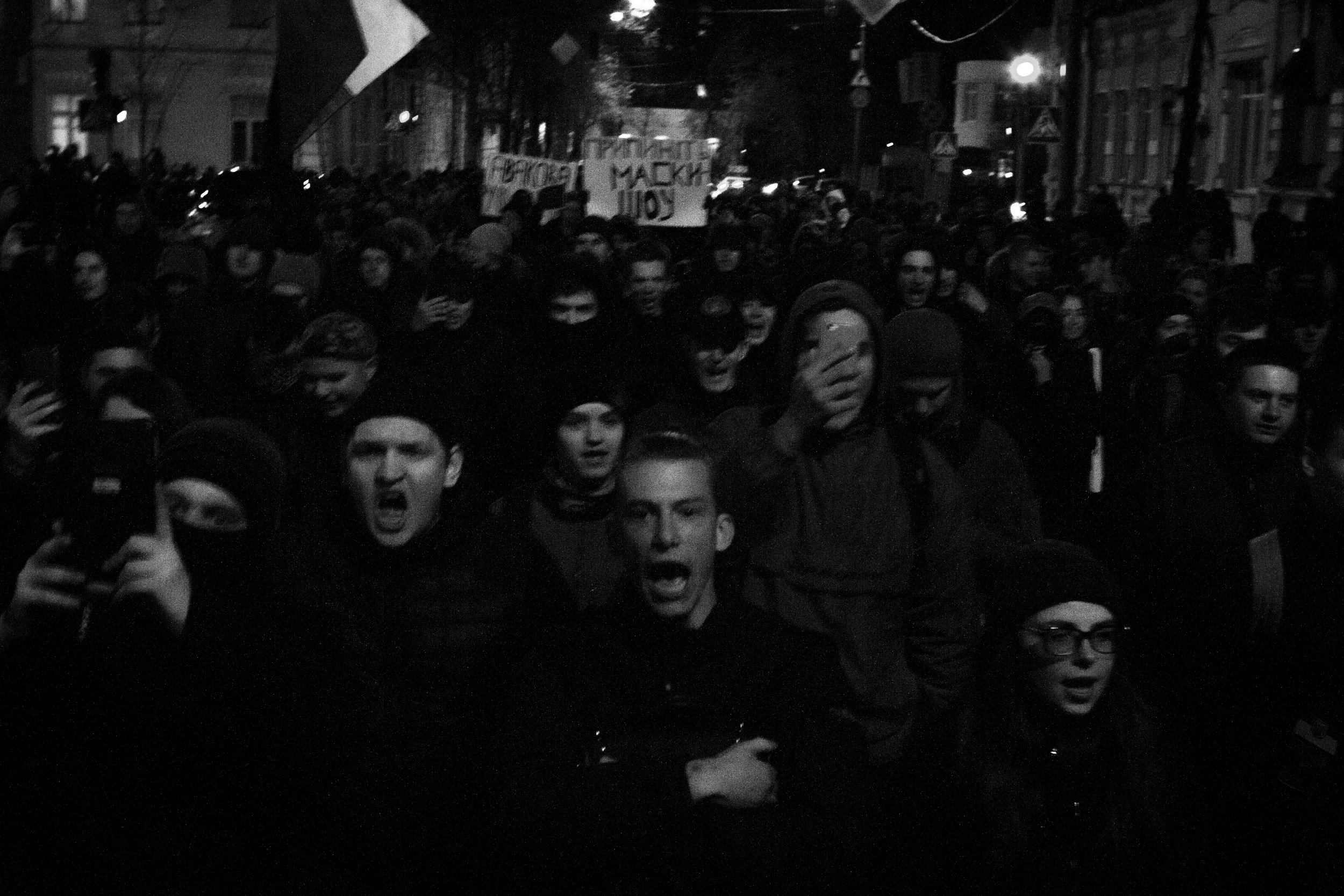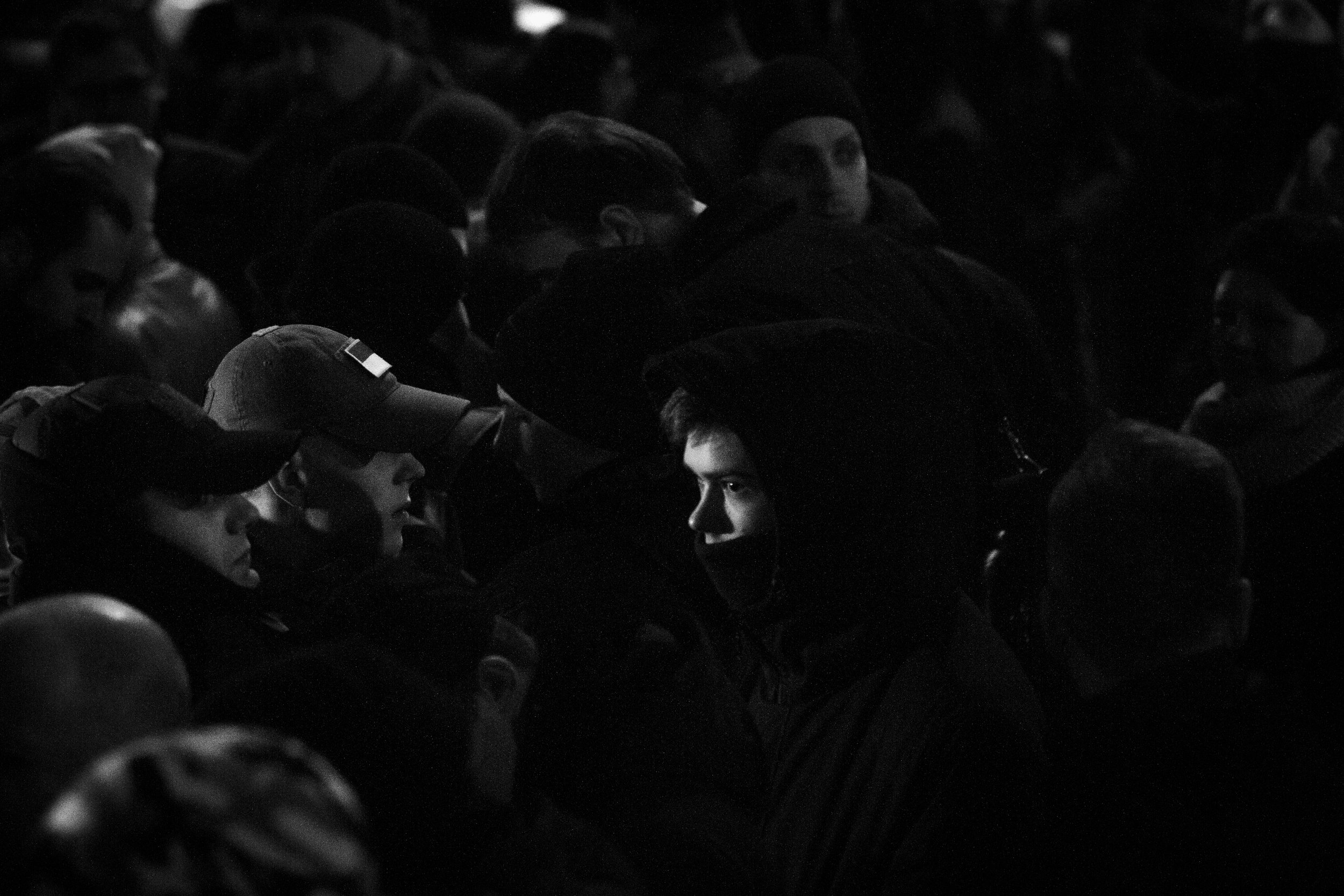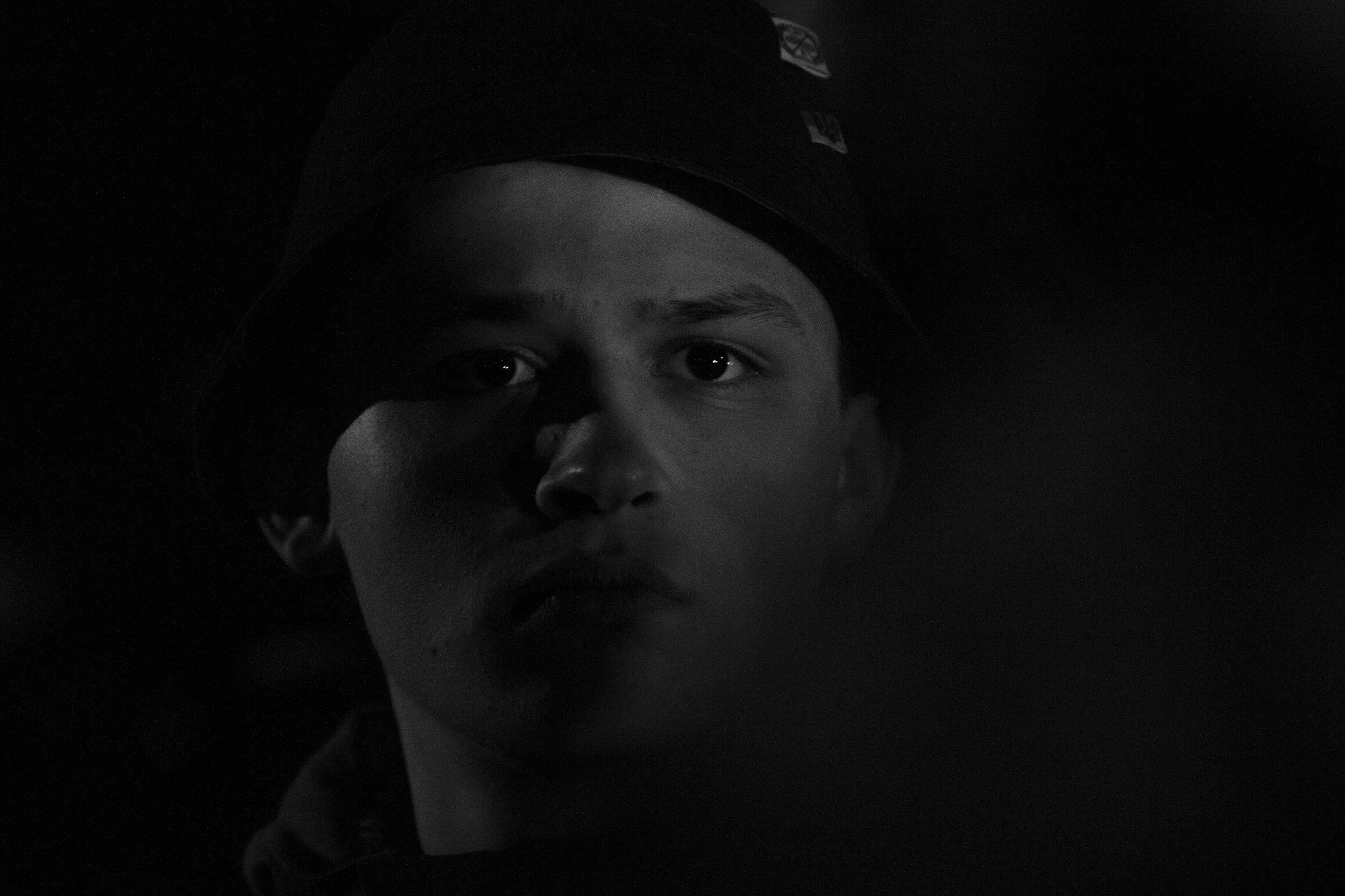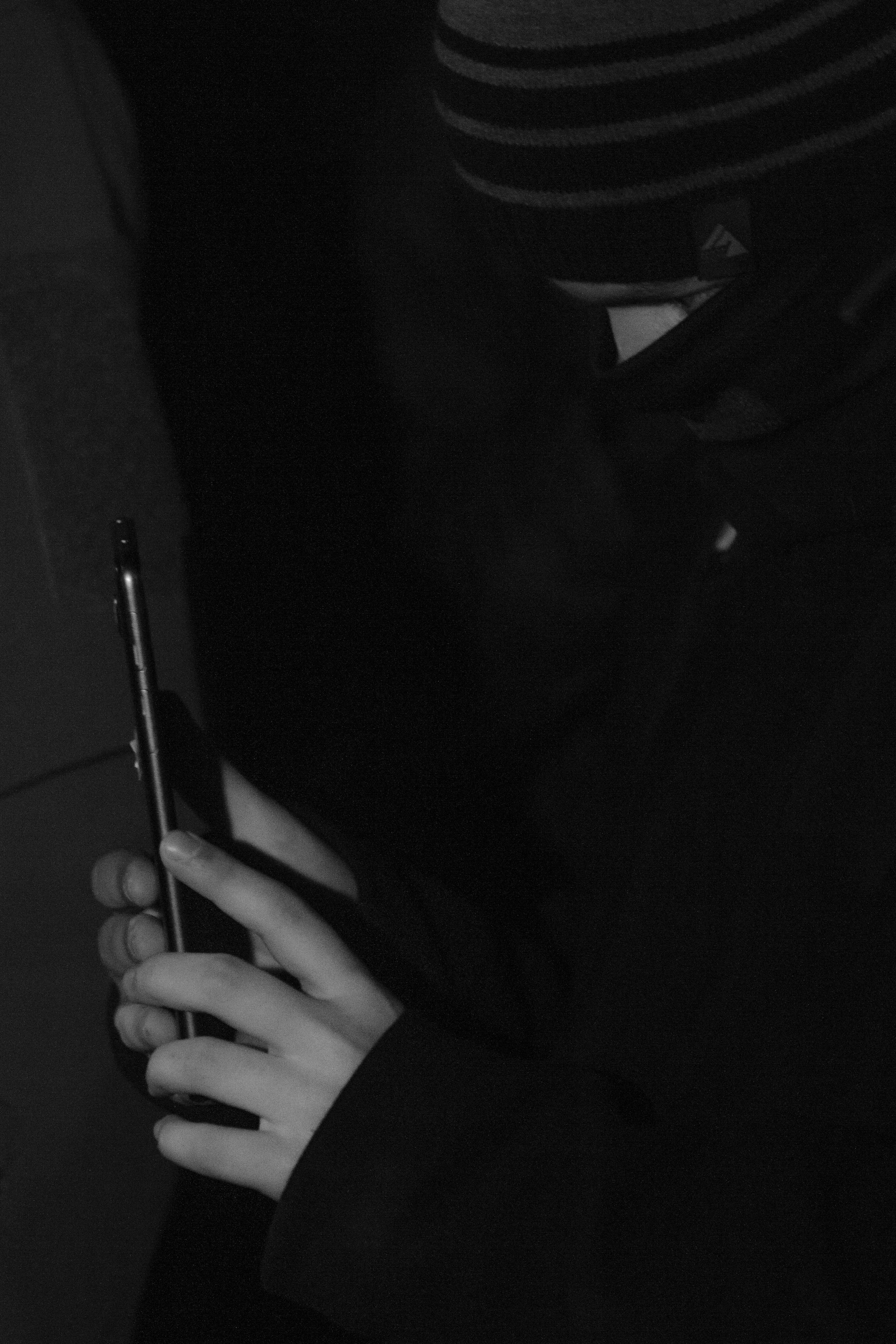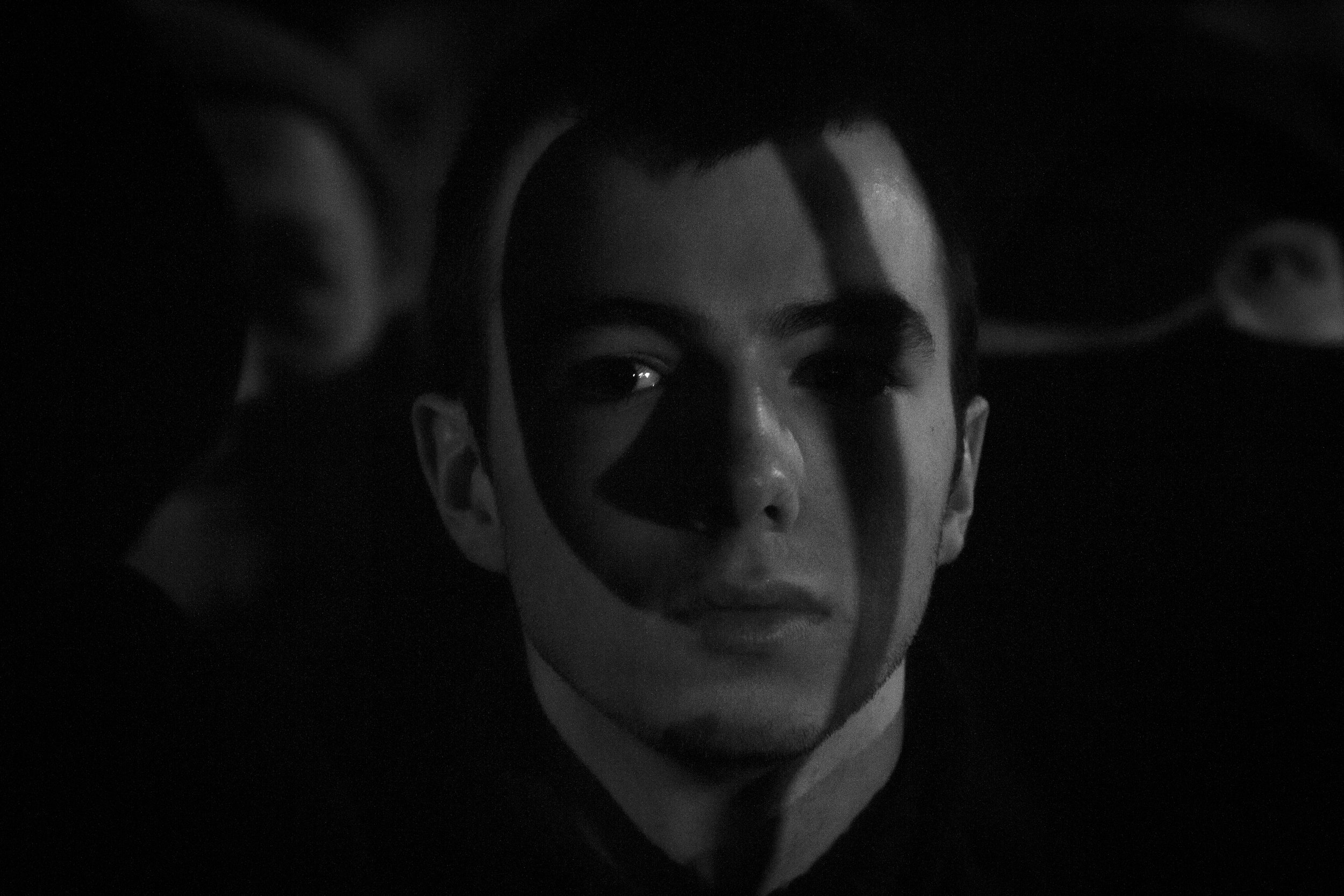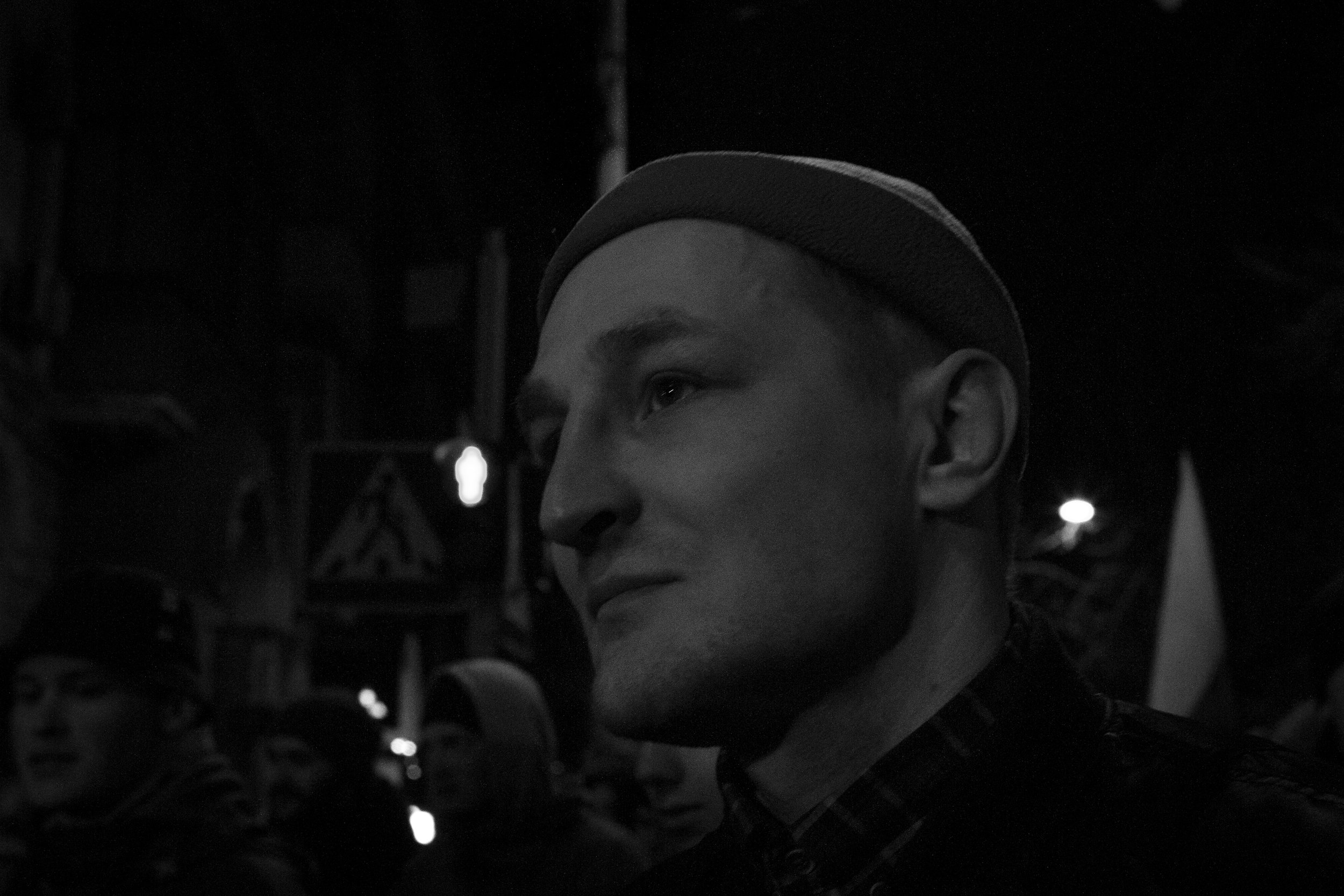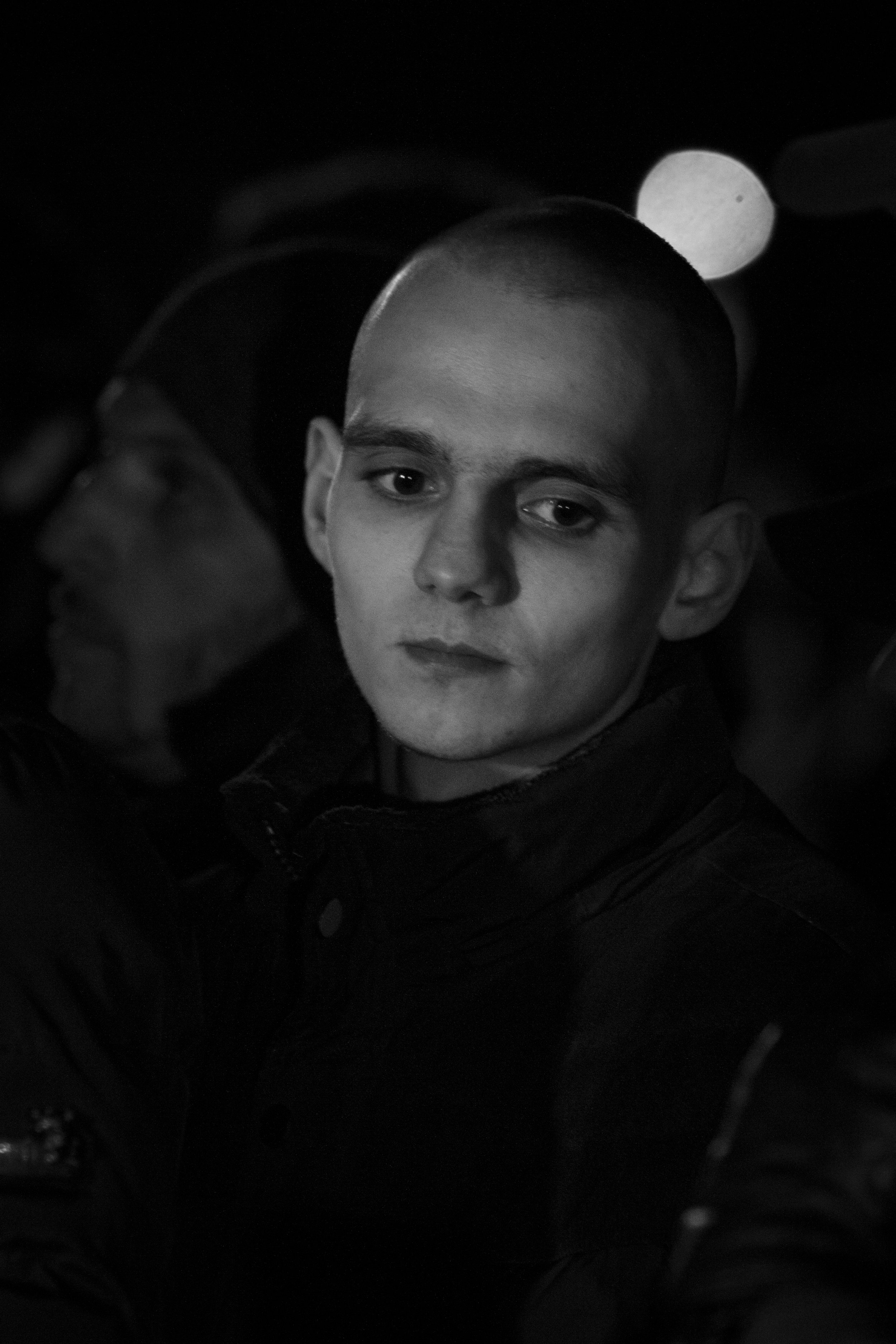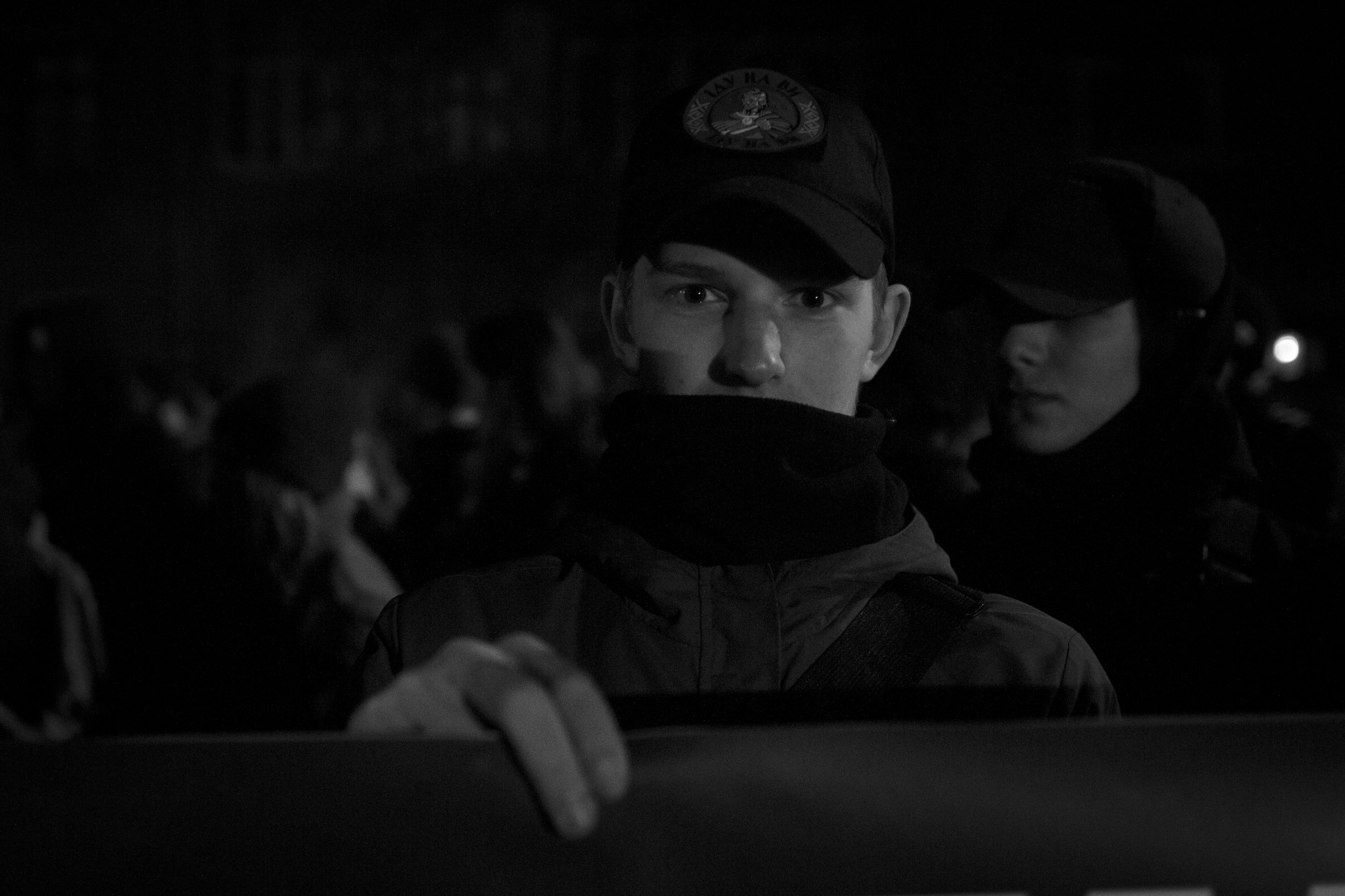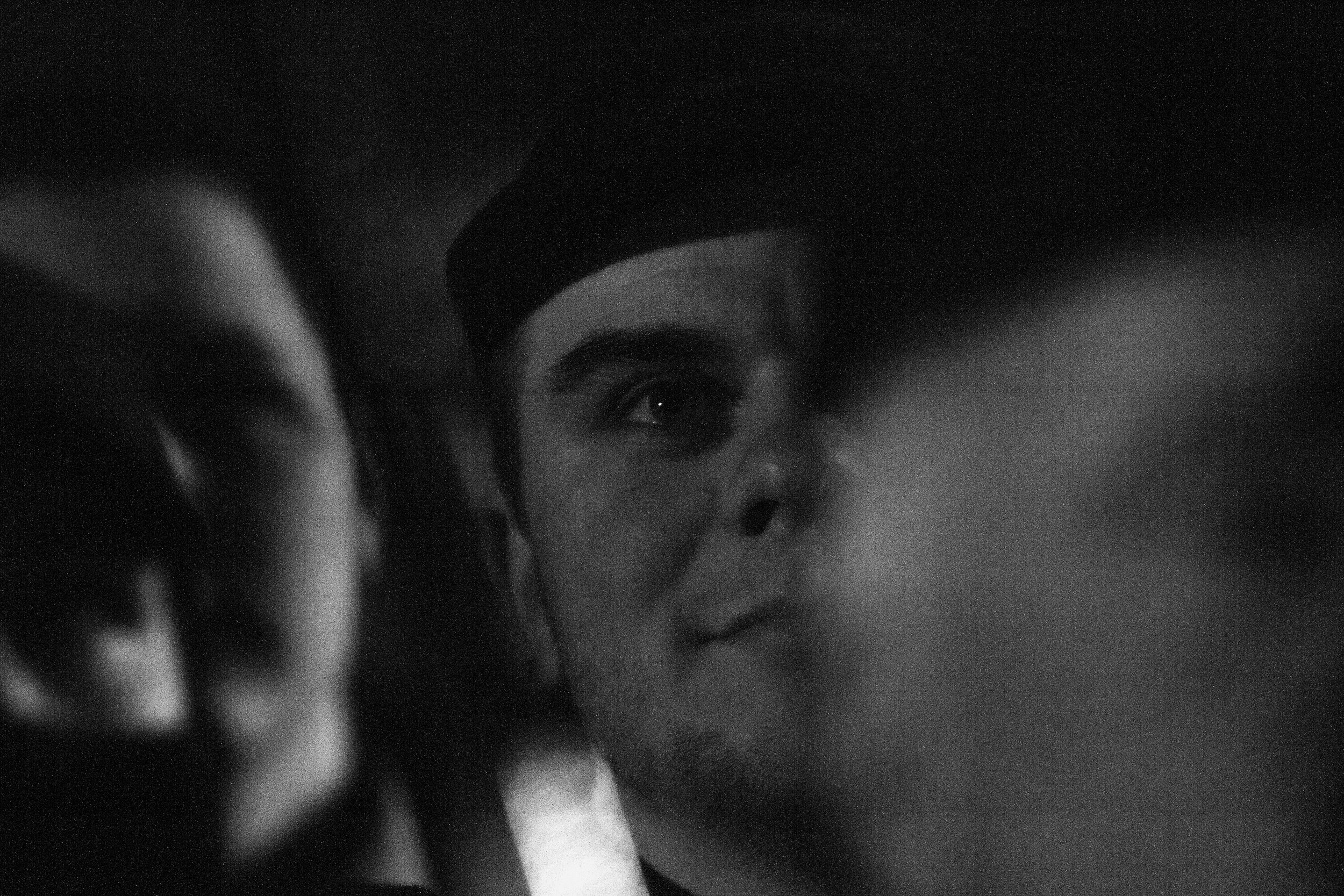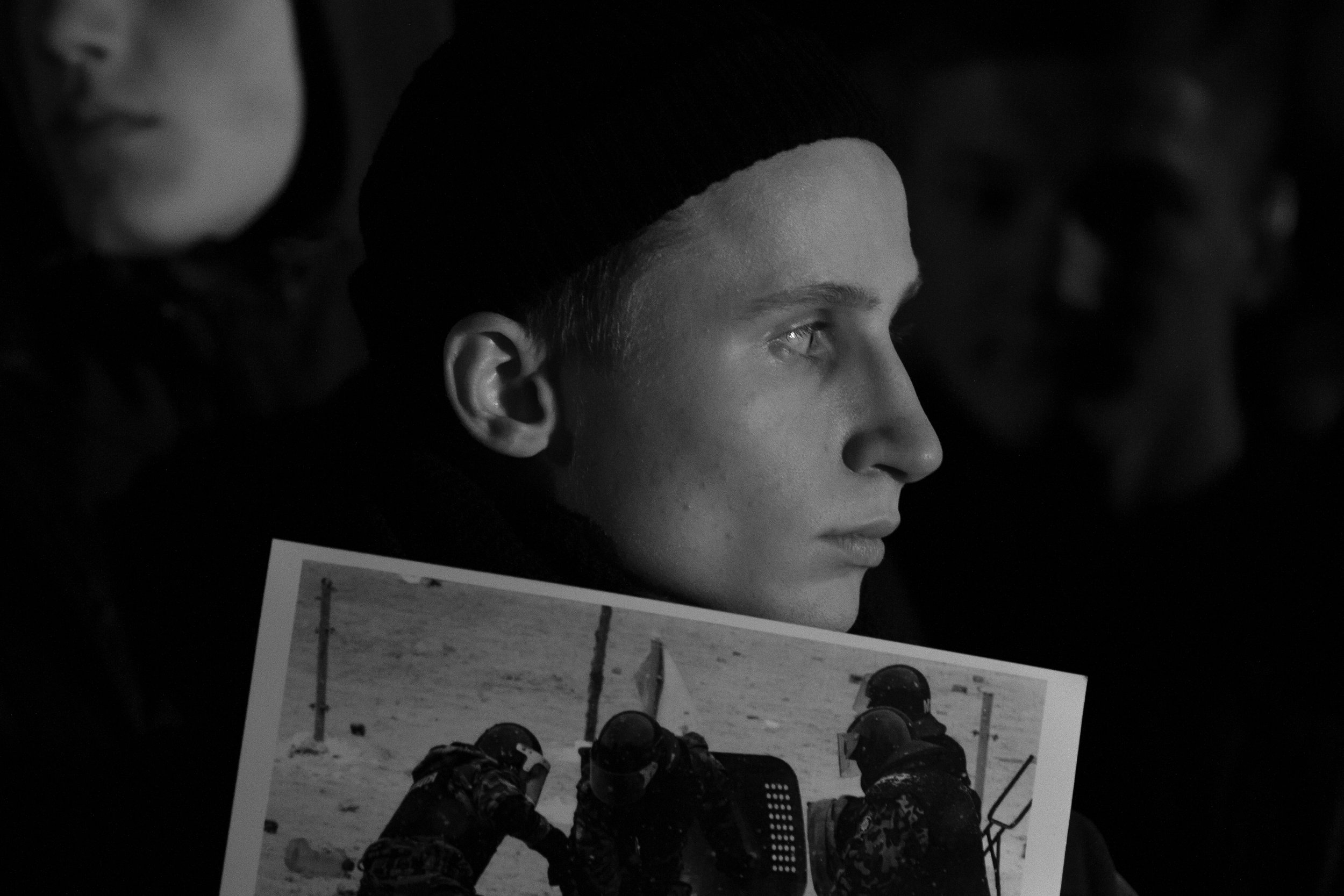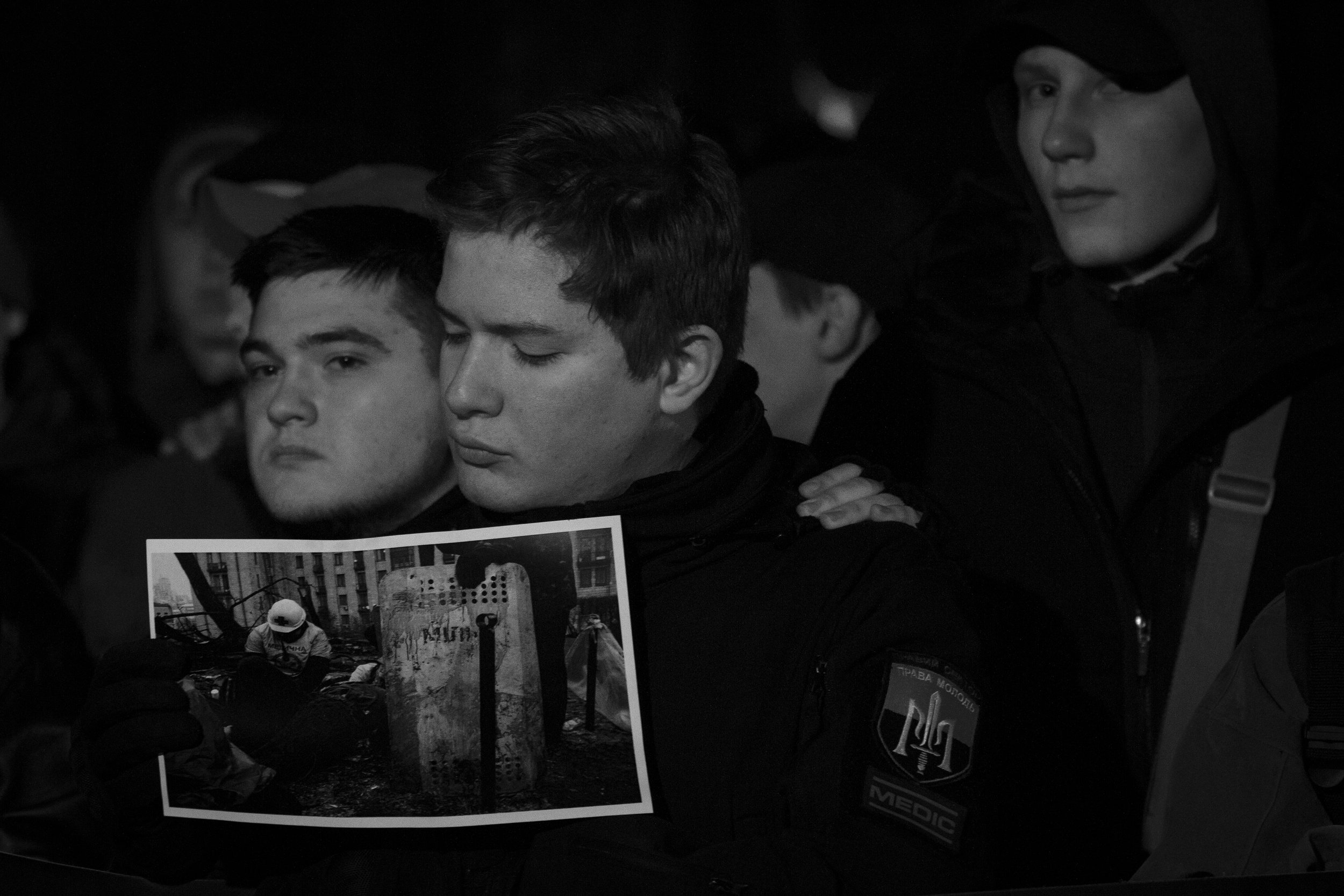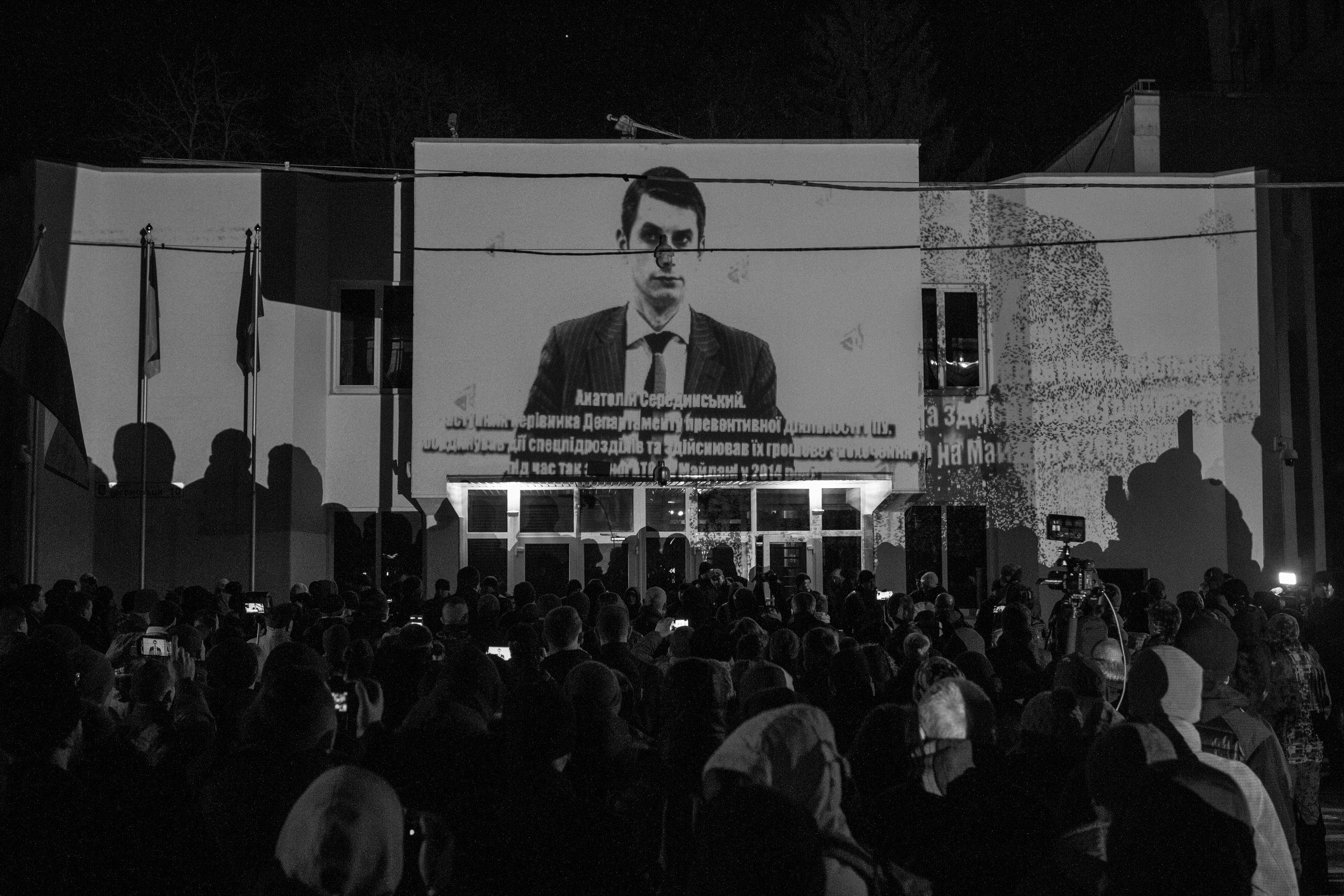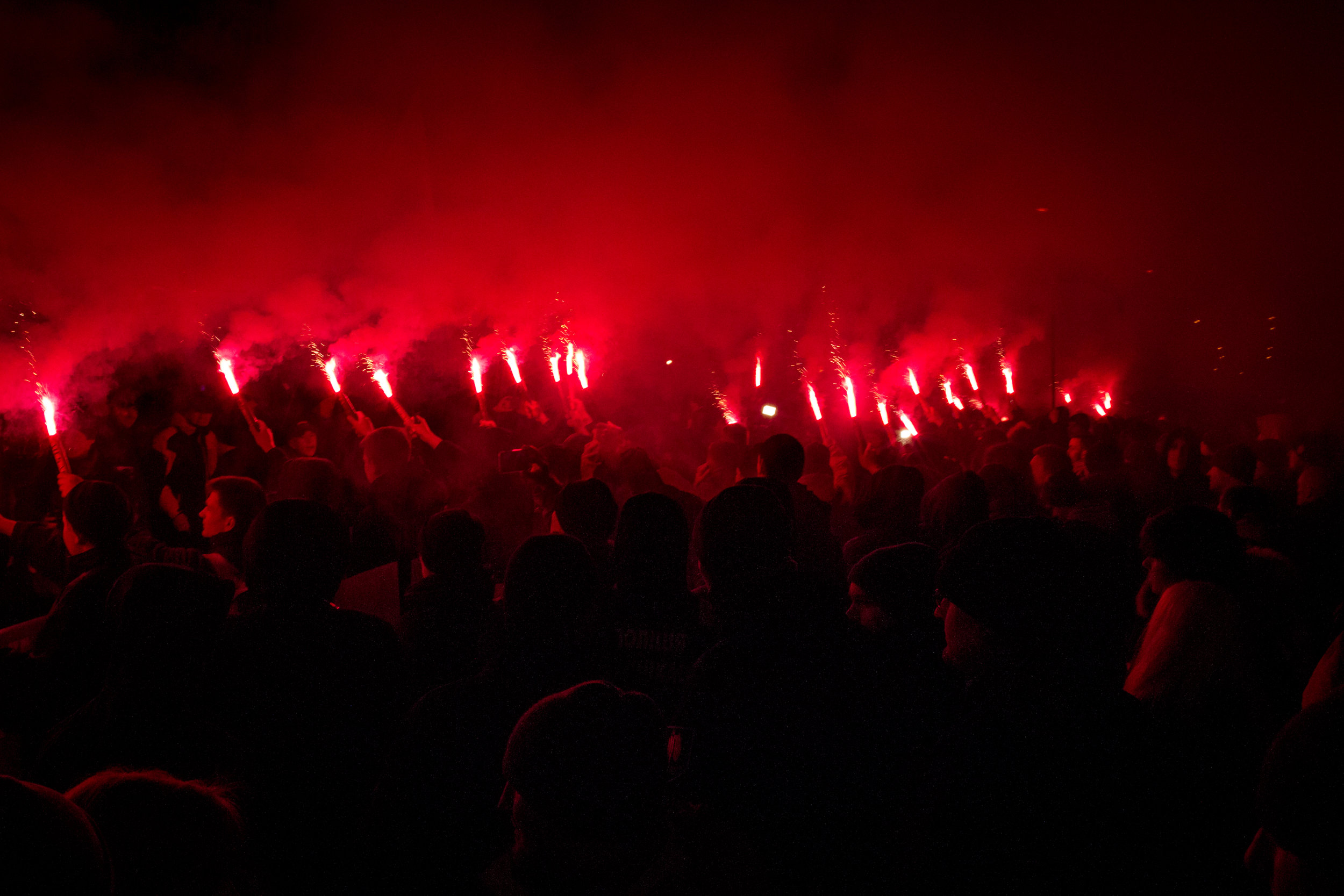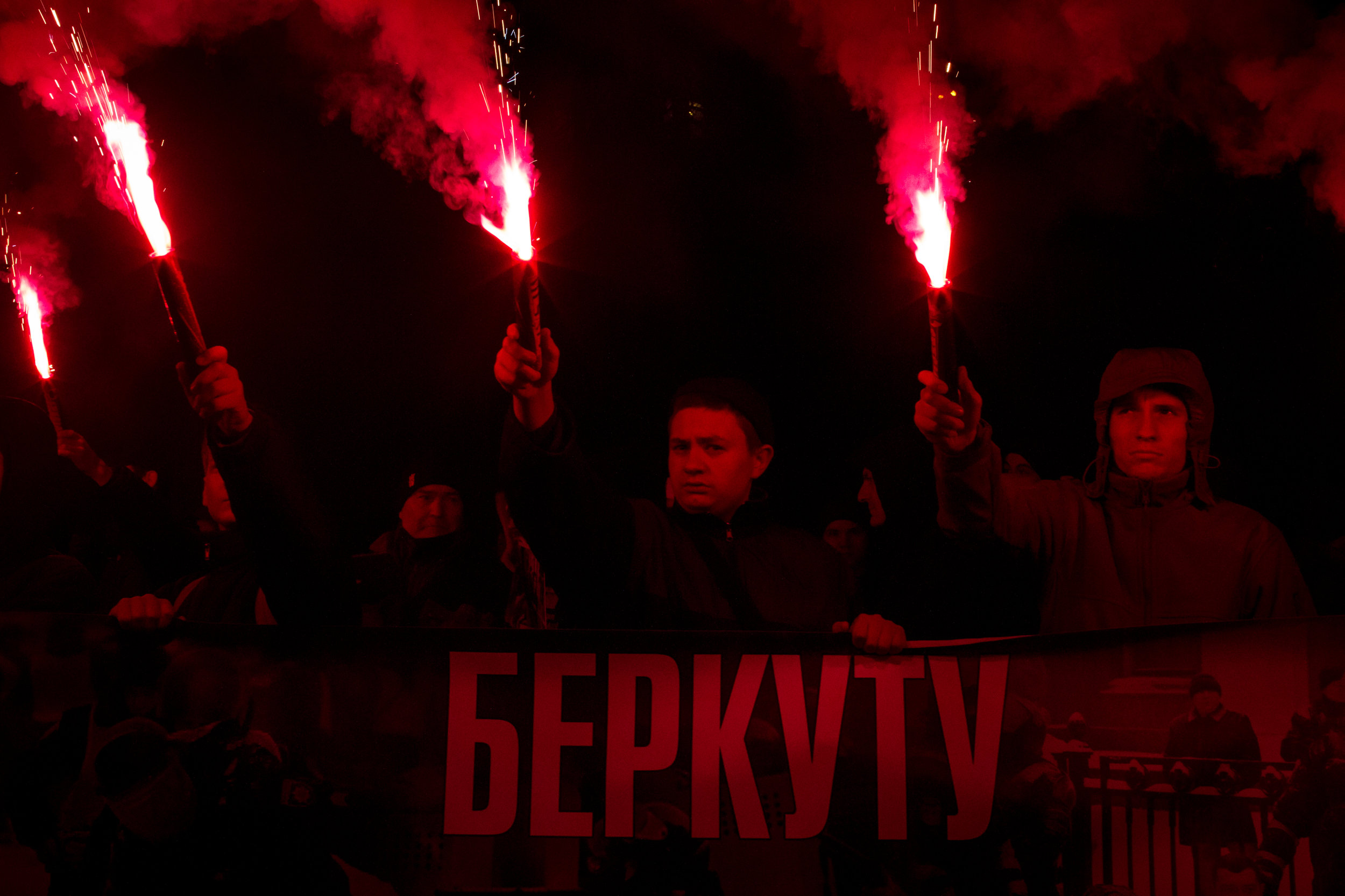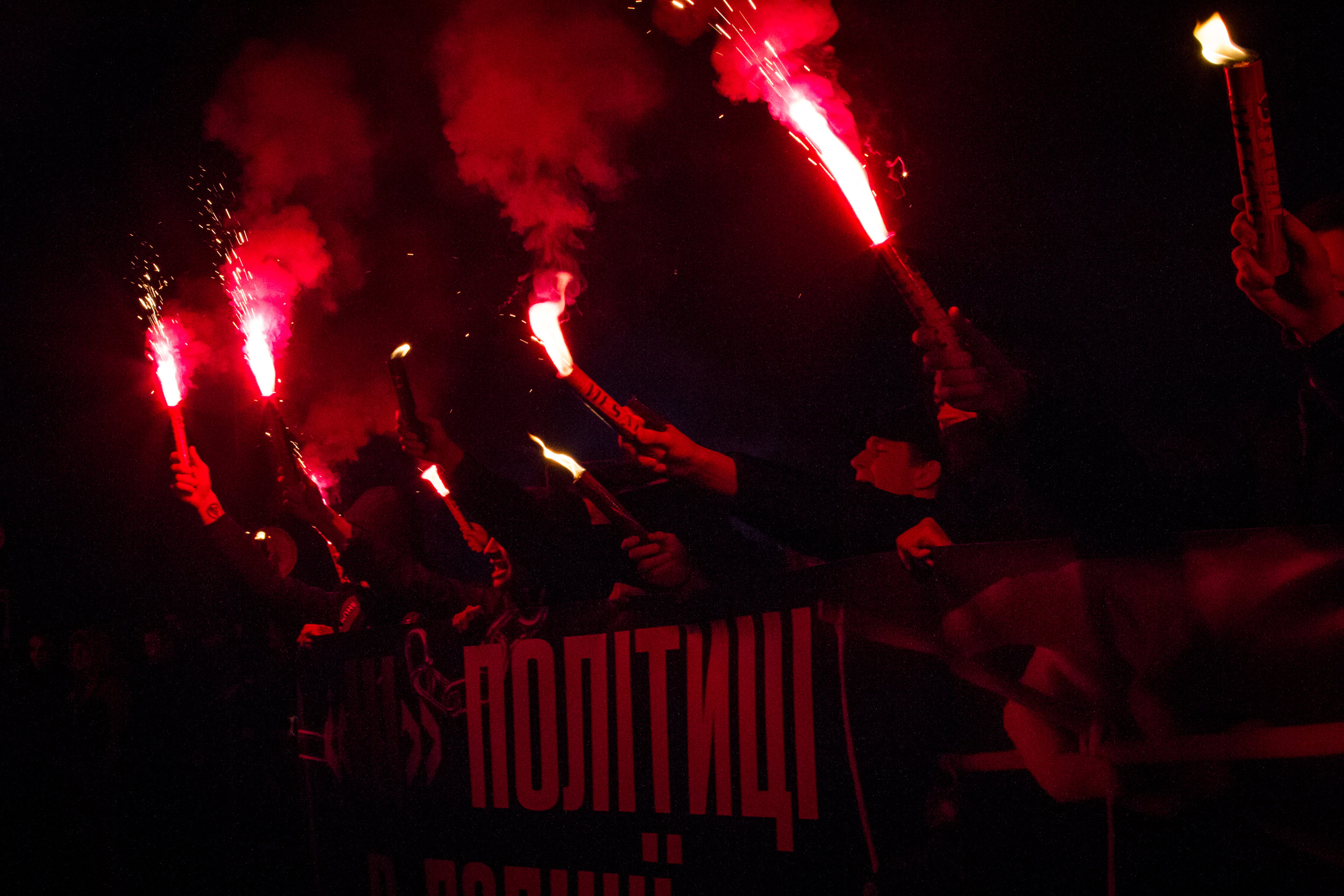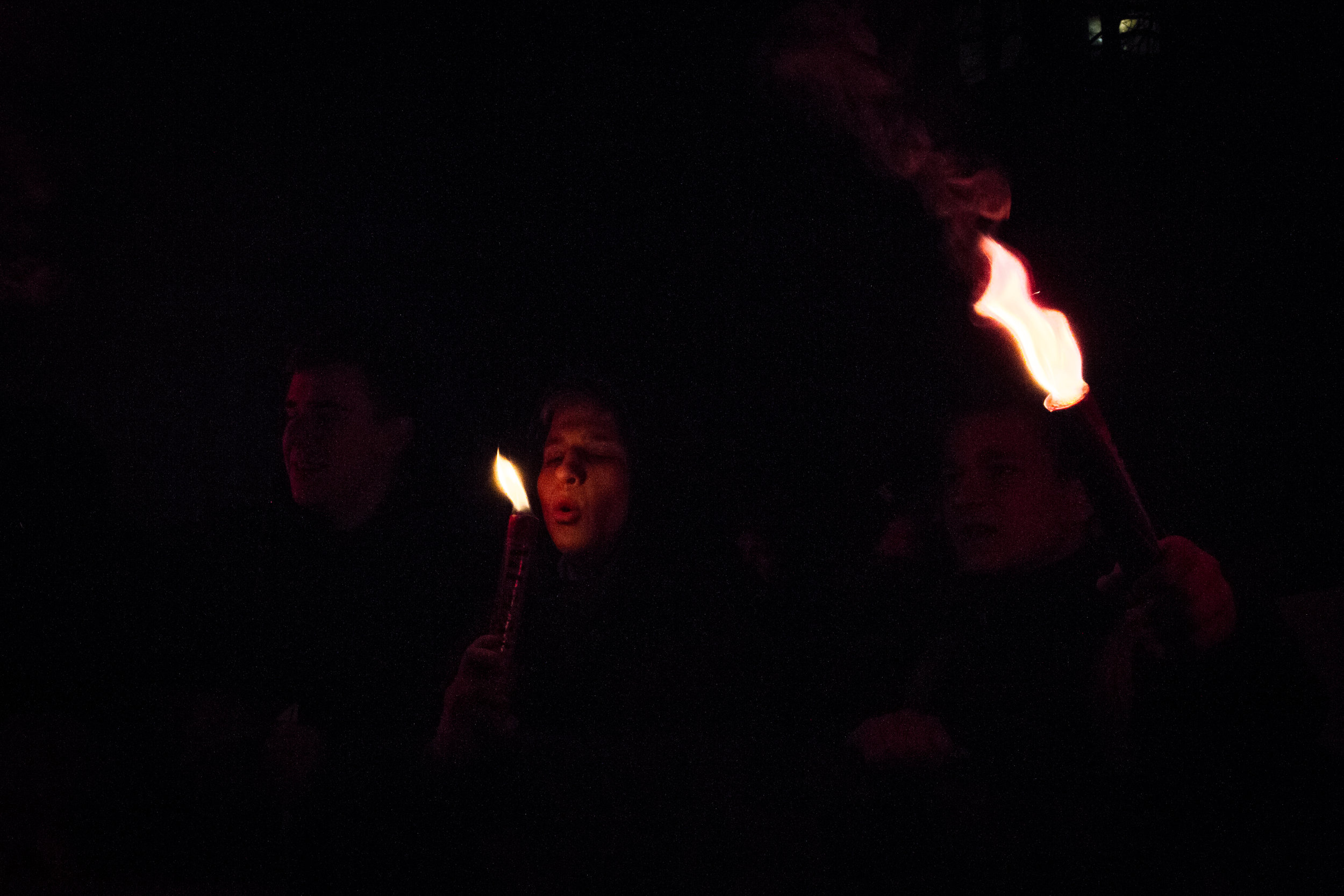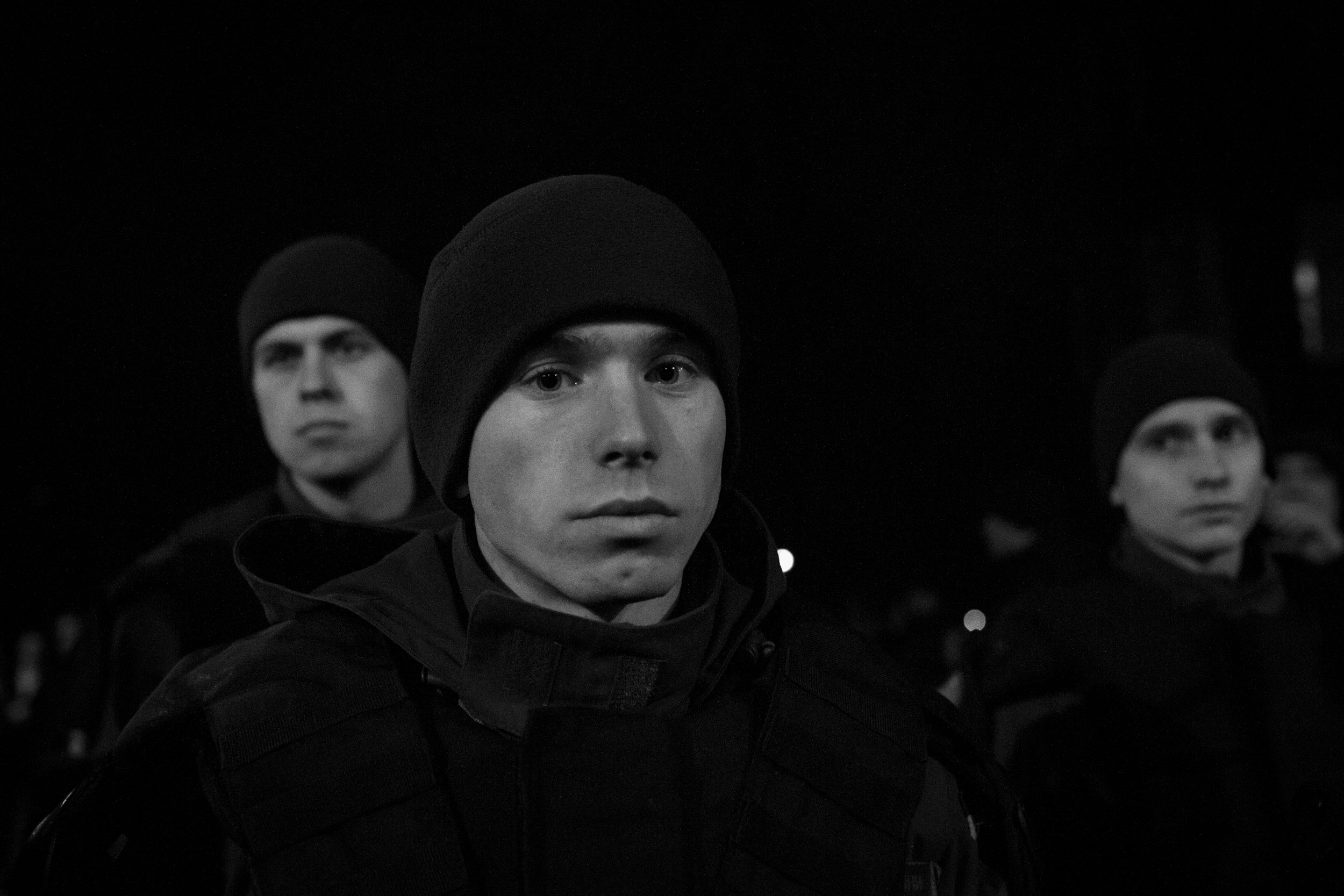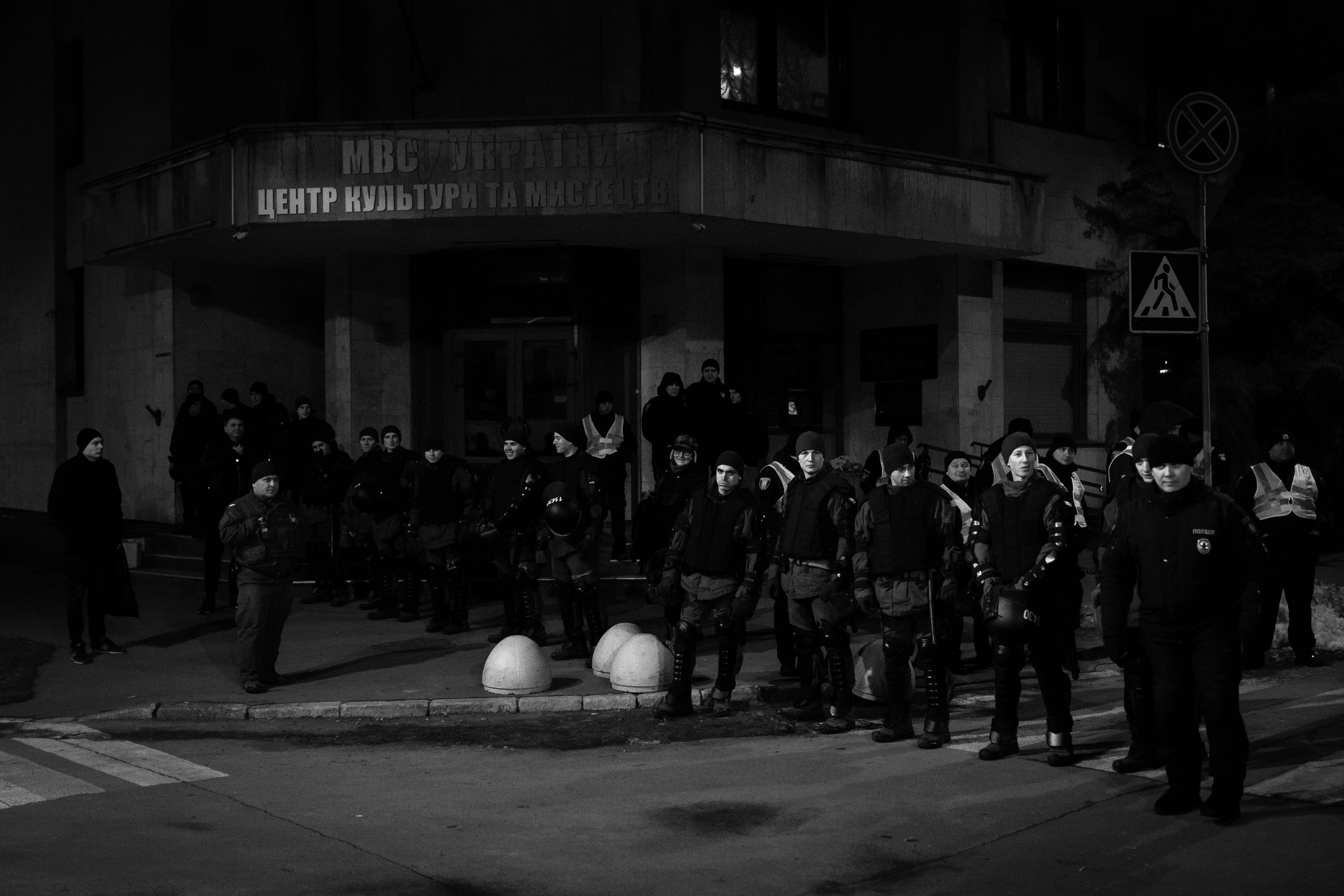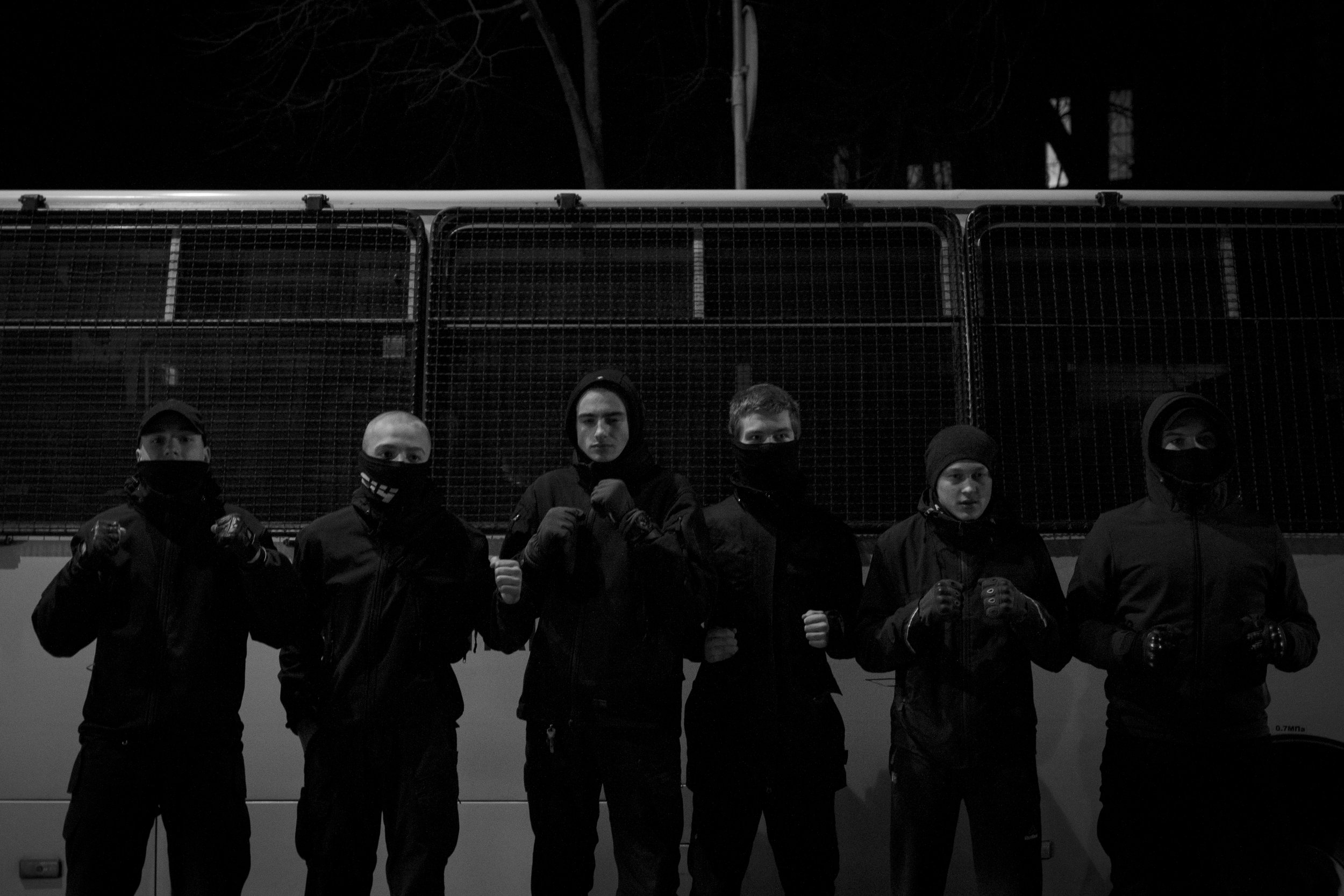The depoliticization of the Ukrainian police. Most of the appointments should take place with the approval of the Minister of Internal Affairs Arsen Avakov, who, holds office under the quota of a political party in the Parliament and in many cases defends his private or party interests, covering his crimes is difficult to resign. Because the parliamentary coalition might collapse otherwise. The prohibition of the elements of police equipment that can help to avoid the responsibility for illegal actions, like balaclavas which masks policemen identity. To increase the responsibility of police officers for concealing or missing the breastplate number, on a single-stall or helmet. To conduct preventive re-certification of the special police forces (ex-Berkut, who killed dozens of Ukrainian citizens in 2014) with the involvement of not-skinned experts, with the passage of psychophysiological research and the use of the polygraph. And to bring to justice those who committed crimes against the citizens of Ukraine. With such demands, the activists went to the Ukrainian Police Headquarters.
The name of the civil action “Bandera, rise up!” came after the phrase "Lie, Bandera", - a police officer said, when he kicked the head of a lying activist, a week before. Russians and separatists using the word “Bandera” to describe Ukrainians. The action was attended by right-wing organizations “Right Sector’, ‘C14’. There were also football fans, veterans, several deputies of the Ukrainian parliament and regular people. The activists gathered near the Mariinsky park and marched to the Police Headquarters through the streets where twelve people were killed and several hundred got injuries by riot police on February 18, 2014
I had a sense that all those events were theatrical. For example, negotiating between cops police by rations. When the crowd moved sharply to the entrance of the Headquarters, the policeman with lost eyes, standing next to me, got an indication that everything is fine, "it was planned". The street where the office is located was blocked by a number of officials from the National Guard. Having left a small passage where policemen with metal seekers had to inspect the activists for the presence of prohibited items: weapons, gas cylinders, firecrackers ... It all looked clumsy and was the impression that the metal detectors were looking for attention of presses rather than knife or gun. Because the strokes of hands and the shoulders were very conditional. At the empty building of the Police Headquarters, activists exhibited a video where policemen beat people, mostly chronicles of the revolutionary period, and beyond. There were also portraits of police officers who commanded units that beat and killed people and hold senior positions in the police today.
Deputies and leaders of civic organizations spoke to a microphone about police and ministerial crimes, about the activists being pursued by the police. About actual cases against activists which were started during Yanukovych's time. About Katia Gandzyuk's assassination, which the police are trying to "hush up". The activists burned firefighters and shouted slogans about the victims of the police during the Revolution of Dignity, about the resignation of the minister, about Хуйло and the Russian aggression in Ukraine.
Eugen Karas, the leader of the far right organisation ‘‘C14’’
Ihor Lutsenko, the deputy of the Ukrainian Parliament.
George Tuka, the Deputy Minister for the temporarily occupied territories and internally displaced persons. In 2015 was the governor of Luhansk region.
The activists with posters in the shadow: “Stop raids by masked police”, “the impunity generates violence”. And lighten person is the leader of the right-wing organisation C14.
